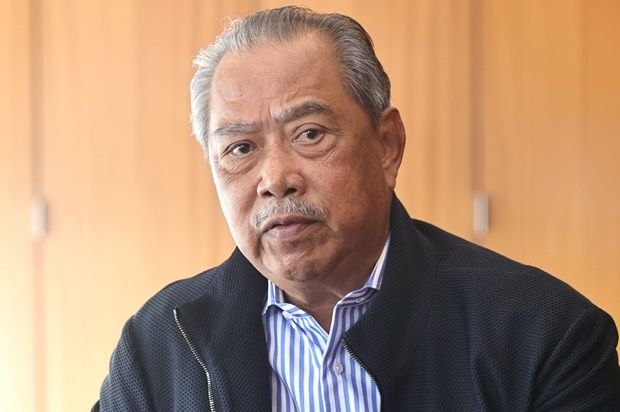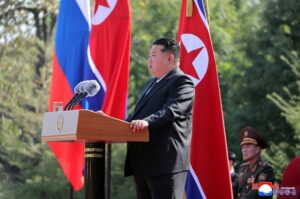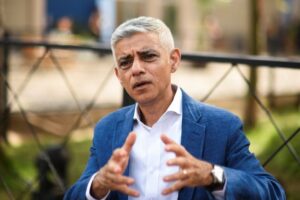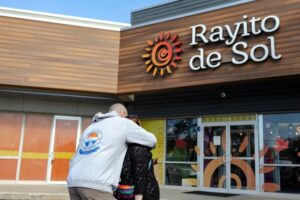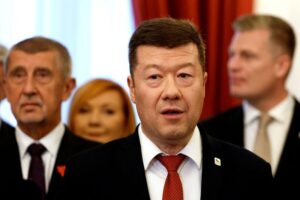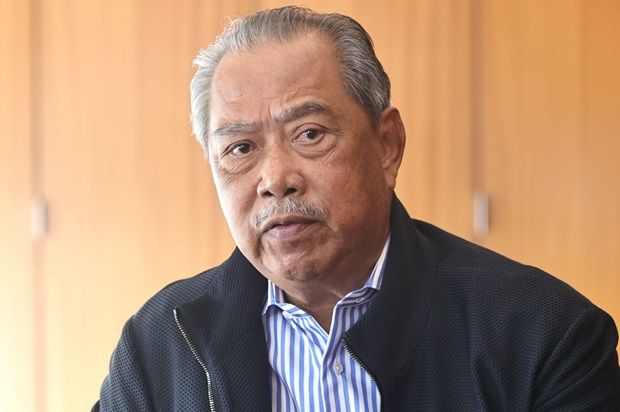
KUALA LUMPUR: A total of 12 opposition parties have united to create a loose coalition aiming to address the people’s concerns, which the Madani Government allegedly has not fulfilled.
The Parti Pribumi Bersatu Malaysia (Bersatu) president, Tan Sri Muhyiddin Yassin (pic), stated that although an agreement has been reached, the official name of the coalition would only be announced at a future meeting, reported Sinar Harian.
According to him, the coalition involves the Parti Pribumi Bersatu Malaysia (Bersatu), Parti Islam Se-Malaysia (Pas), Parti Gerakan Rakyat Malaysia (Gerakan), Parti Pejuang Tanah Air (Pejuang), Ikatan Demokratik Malaysia (Muda), Parti Rakyat India Malaysia (MIPP), Parti Bumiputera Perkasa Malaysia (Putra), Parti Progresif Penduduk Malaysia (PPP), Barisan Jemaah Islamiah Se-Malaysia (Berjasa), Parti Sosialis Malaysia (PSM), Parti Kemajuan Malaysia (MAP) dan Parti Perikatan India Muslim Nasional (Iman).
“Also participating is an organisation that has not yet been officially registered, Bersepakat Hak Rakyat Malaysia (Urimai),” he said at a press conference after the Joint Meeting of Opposition Leaders at a hotel here on Monday (Aug 18).
He explained that the meeting also agreed for opposition parties to broaden discussions with community groups, including traders, entrepreneurs and sector representatives, to understand their issues and propose the best way to present solutions to the government.
“We are in agreement here; there is not a single party leader who disagrees. These are matters that require attention and priority, including the issue of the 13th Malaysia Plan (RMK13), which is being presented and discussed but is seen as not addressing many of the people’s main concerns.”
Muhyiddin, who is also the Chairman of Perikatan Nasional (PN), stressed that the formation of the loose coalition was a preliminary step before any other decisions are taken in the future.
According to him, the cost of living issue was the main focus of the discussion because it was the biggest burden borne by the people since the unity government took over the country’s administration.
“Despite the low inflation rate, in many places the price of goods continues to rise. This increase is due to the elimination or restructuring of oil subsidies, which increases logistics costs.
“In addition, the implementation of the sales and service tax (SST), which has been expanded since July 1 to nearly 6,000 types of goods, also adds to the burden on the people,” he said.
He added that the business sector was also affected, as businessmen complained of incurring higher operating costs, thereby putting pressure on small and medium-sized traders.
“This issue is protracted, especially when the government does not implement reform promises such as eliminating tolls and delaying PTPTN refunds. All this adds to the burden on the people,” he stressed.
When asked about the coalition’s cooperation in the upcoming elections, he said things have not been decided specifically.
“But whatever we think, there is a common interest that touches both economic, social, educational and other matters, we can use the platform and discuss together and make a decision together, not one party, but many parties,” he said.
